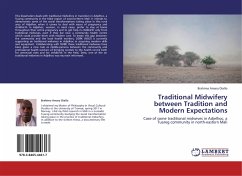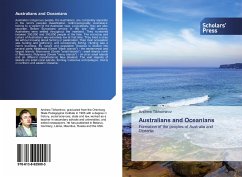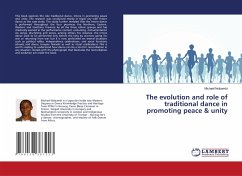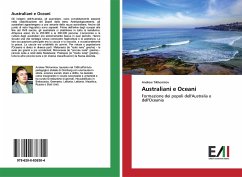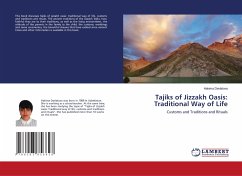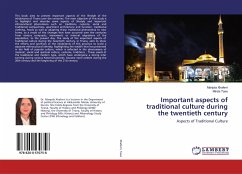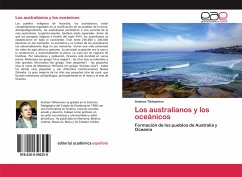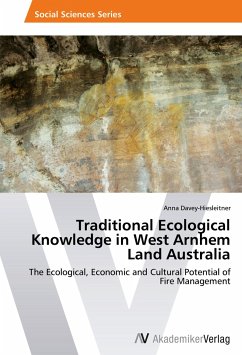
Traditional Ecological Knowledge in West Arnhem Land Australia
The Ecological, Economic and Cultural Potential of Fire Management
Versandkostenfrei!
Versandfertig in 6-10 Tagen
27,99 €
inkl. MwSt.

PAYBACK Punkte
14 °P sammeln!
This academic publication explores the relationship between natural resource management, traditional ecological knowledge, and sustainable livelihood outcomes and demonstrates how through the payment for environmental services such as fire management, the economic development of remote communities in northern Australia can be improved. Based on an ethnography of the Bininj people of the Arnhem Land plateau and a regional fire management context, the significance and challenges of traditional ecological knowledge in Indigenous livelihoods are illustrated. The ecological, economic and cultural p...
This academic publication explores the relationship between natural resource management, traditional ecological knowledge, and sustainable livelihood outcomes and demonstrates how through the payment for environmental services such as fire management, the economic development of remote communities in northern Australia can be improved. Based on an ethnography of the Bininj people of the Arnhem Land plateau and a regional fire management context, the significance and challenges of traditional ecological knowledge in Indigenous livelihoods are illustrated. The ecological, economic and cultural potential of fire management is analysed on the basis of the West Arnhem Land Fire Abatement (WALFA) project, which has been one of the first natural resource management projects in a carbon trading context. Based on an adapted social impact assessment the outcomes of the WALFA project linked to biodiversity, economic development and employment as well as social and human aspects are analysed.



